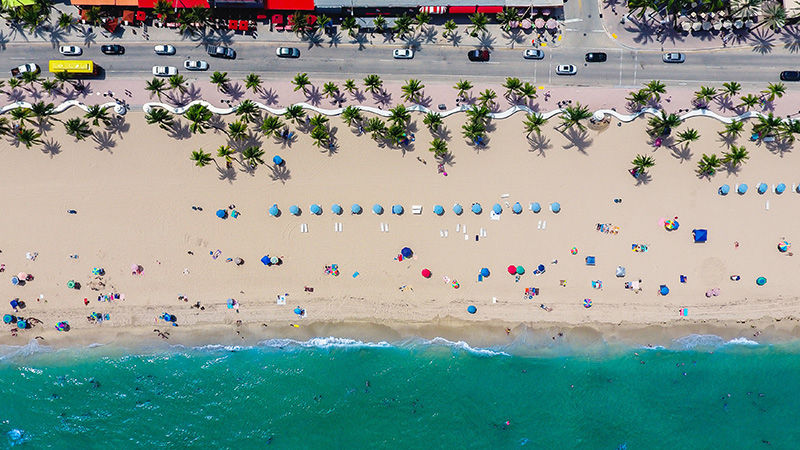If you’re not a different person by the end your trip, you haven’t done it right.
Why does our generation place such a spiritual emphasis on travelling? In a world of millennial wanderlust manufactured by bloggers and social media, I’d like to question why we expect travel to shape our identities more than the everyday stuff that actually makes up the bulk of our time on earth.
I should first point out that I love travelling and that I believe it’s valuable for everyone, regardless of their worldview. However we tend to put travel on a pedestal—which is essentially idolatry—and let it colour how we perceive the less exciting areas of our lives.
Looking back on conversations that led up to my first big trip alone, I recall subtle pressure to have “the best trip ever.” Although my friends’ wishes were well-intentioned, on some level they felt like a burden. Months before my departing flight, I was already lugging around emotional baggage packed with the projected expectations of others. The more people I talked to, the more it felt like I wasn’t even travelling for myself.
Why does travel have to affect you at a fundamental level (à la Eat Pray Love) before you can consider the trip to have been worth doing? It’s great to see God working in all corners of his world and we praise him for reigning supremely, whichever country we’re in. But all of that says something great about God and what he is doing. All we did was get on a plane and survive Customs.
As I intentionally chose not to over-spiritualise my 2016 holiday, it became clear that there’s no need to succumb to others’ expectations. A trip is what you make of it; you’ll measure the success of your travels differently than others.
Do you want a deep and meaningful spiritual experience?
Do you want to step out of your comfort zone and rub shoulders with the locals?
Or do you want a premium version of familiar lifestyle—just in a different climate?
All of those goals and many others are all fine. The Bible doesn’t give us specifics about travel planning so, assuming our adventures don’t involve immoral pursuits, travel is not a moral issue. We should apply general tenets such as living as Christ’s ambassadors and exercising God-given wisdom; aside from that, travelling is an area where we have freedom over what to do and how to do it.
It took a few years for me to realise that I don’t need an overseas experience to authenticate my worldview. Travelling can’t be the only way I’m informed about the world; when it comes to appreciating God’s designs, engaging with the human experience through routine and familiarity is just as important as learning from short-term highlights.
So let’s be careful we don’t put travel on a pedestal, and remember that God is also transforming us and revealing himself through the mundane events of our daily lives. Having an open mind about the world starts well before the plane ride.






